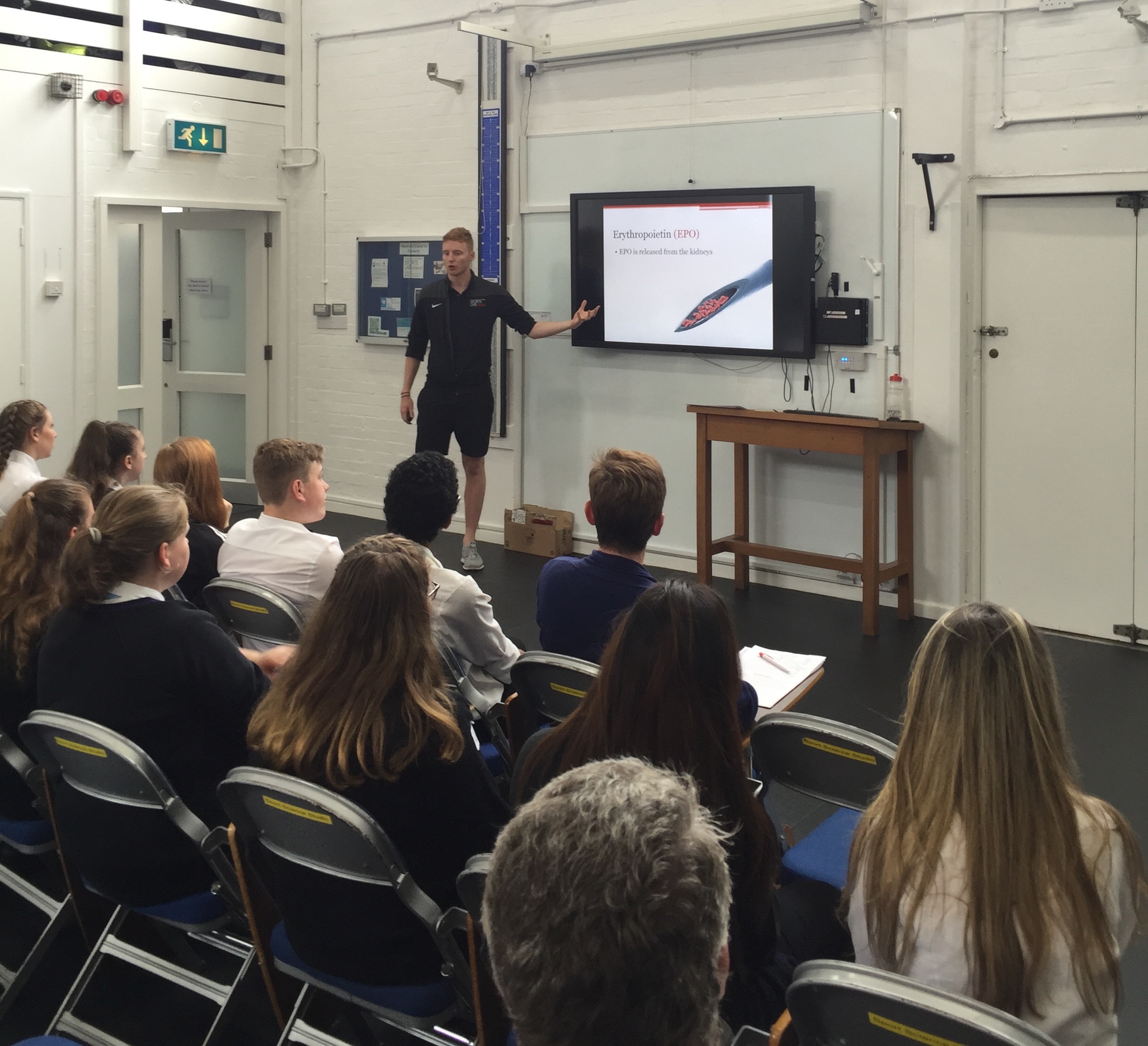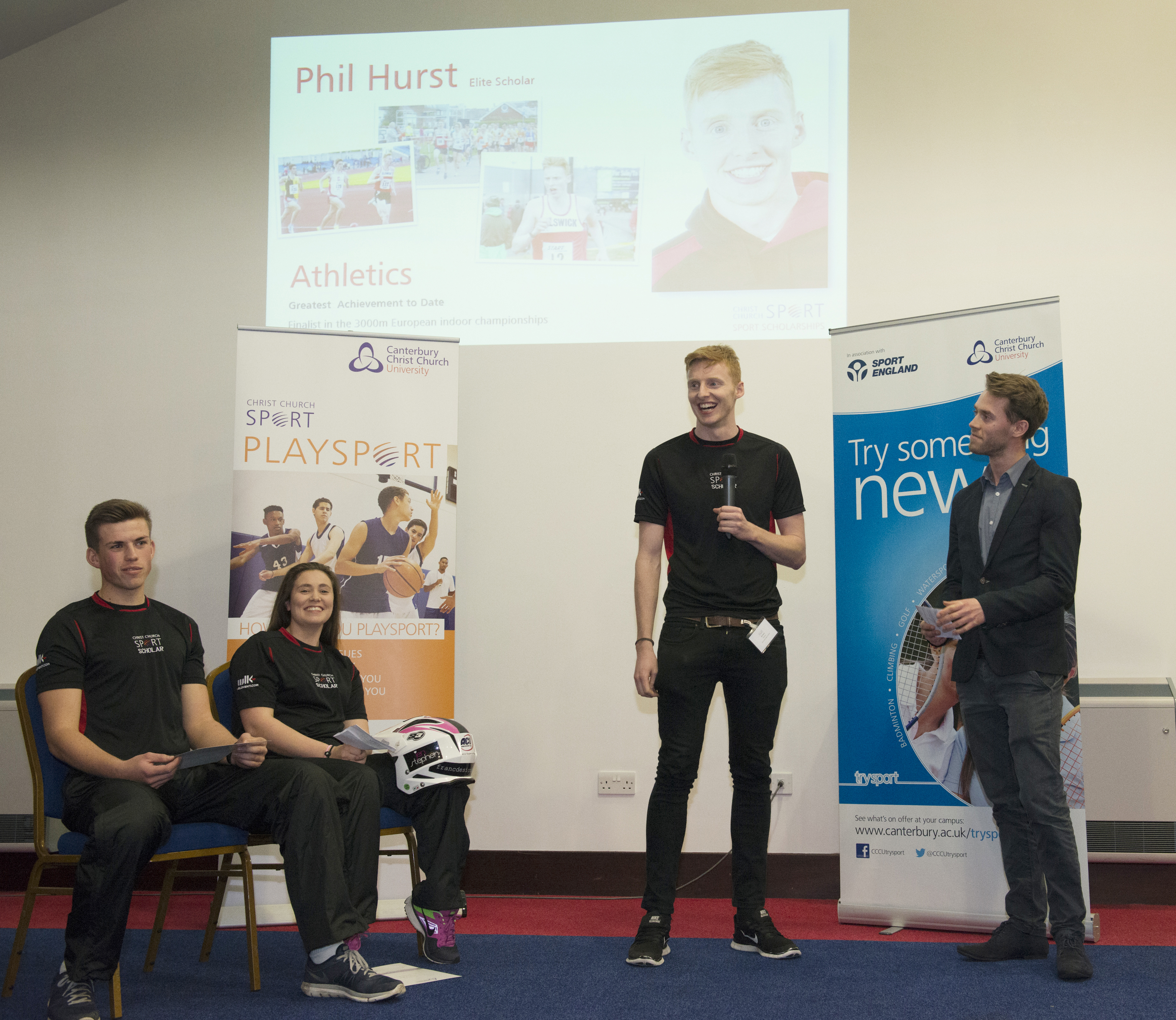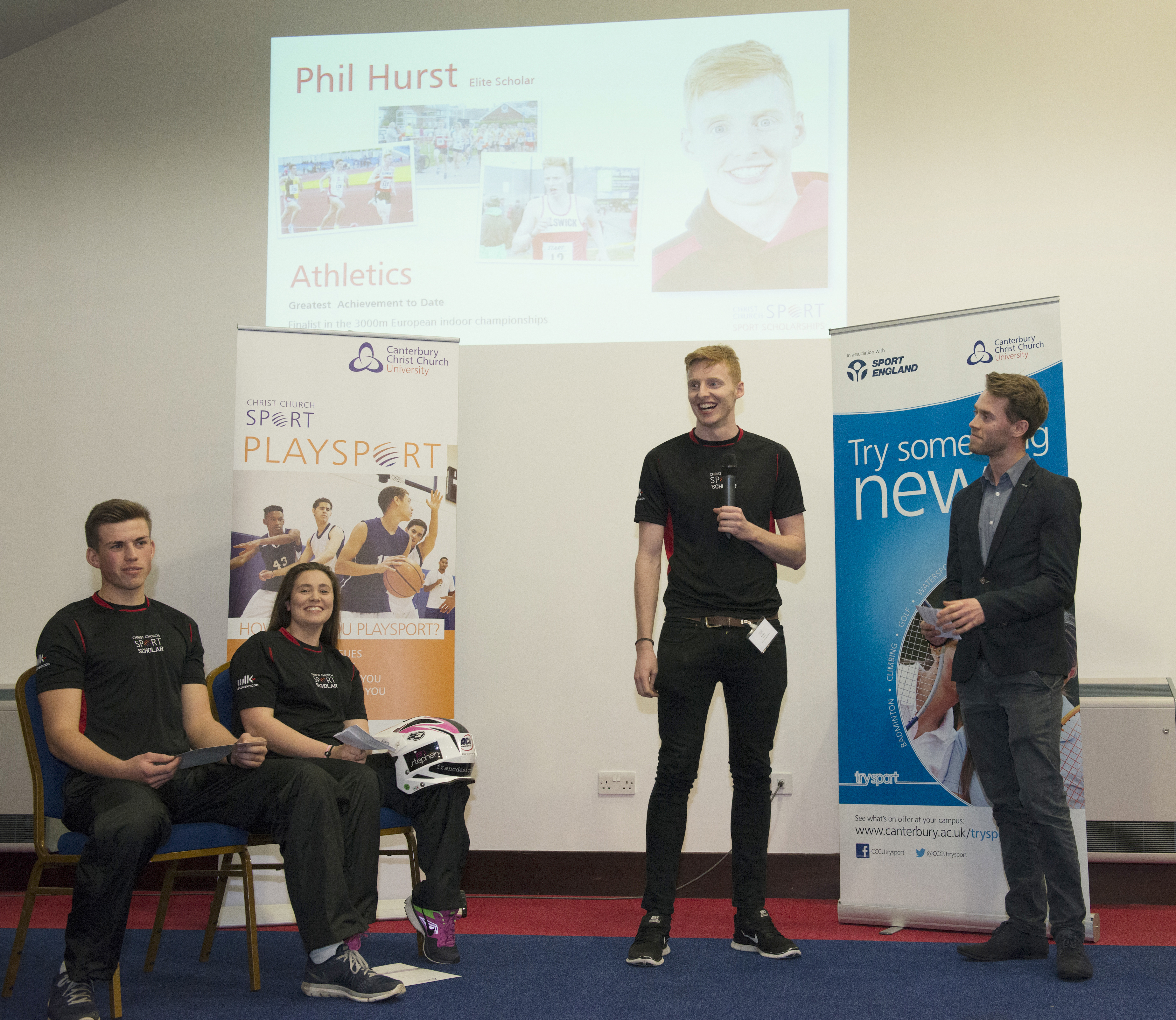 By Phil Hurst
By Phil Hurst
Over the past 12 months doping stories have littered the front and back pages of the newspapers. As an athlete, a PhD researcher, university tutor at Canterbury Christ Church University and educational representative on the UK Athletics Anti-Doping Policy and Support team, I have had the opportunity to study and discuss the often crazy, theatrical series of doping in sport. Doping is quite rightly banned in sports, as abusing substances, such as anabolic steroids, amphetamines and human growth hormone, have the potential to be harmful to the health of the athlete. International and national organisations such as the World Anti-Doping Agency (WADA) and UK Anti-doping (UKAD) therefore spend a great deal of time and resources identifying and detecting athletes using banned substances. However, the effectiveness of detecting athletes using these substances is questionable, as the percentage of tests that return positive has stayed between 1-2% for the past 15 years, even though WADA’s financial investment into the number of tests conducted has increased. Current detection and deterrent methods are therefore arguably ineffective and new methods aimed at preventing and limiting doping in sport are needed.
 Within Canterbury Christ Church University, we are now at the forefront of this, and in collaboration with UKAD, are aiming to develop new methods to limit doping in sports. Instead of using detection methods, we are educating athletes about the causes and consequences of doping in an attempt to provide athletes with a more informed decision about performance enhancing substances. This is under the reasoning that preventing a behaviour is far more effective that stopping one that has already been established. To achieve this, SportsLab (the sports consultancy arm of Sport and Exercise Sciences at Canterbury Christ Church University) and Christ Church Sport are working in collaboration to become an accredited UKAD university. This will give us the opportunity to deliver contemporary and bespoke educational sessions to the sport scholars and sport teams at the university. With more effective education in place, athletes will be given the tools to make a well informed decision for using doping substances and if they are really necessary for achieving their sporting goals and ambitions. We are passionate about the education we are delivering and the exciting new opportunities the university will be offering to the students, athletes and communities associated with Canterbury Christ Church University.
Within Canterbury Christ Church University, we are now at the forefront of this, and in collaboration with UKAD, are aiming to develop new methods to limit doping in sports. Instead of using detection methods, we are educating athletes about the causes and consequences of doping in an attempt to provide athletes with a more informed decision about performance enhancing substances. This is under the reasoning that preventing a behaviour is far more effective that stopping one that has already been established. To achieve this, SportsLab (the sports consultancy arm of Sport and Exercise Sciences at Canterbury Christ Church University) and Christ Church Sport are working in collaboration to become an accredited UKAD university. This will give us the opportunity to deliver contemporary and bespoke educational sessions to the sport scholars and sport teams at the university. With more effective education in place, athletes will be given the tools to make a well informed decision for using doping substances and if they are really necessary for achieving their sporting goals and ambitions. We are passionate about the education we are delivering and the exciting new opportunities the university will be offering to the students, athletes and communities associated with Canterbury Christ Church University.
 Christ Church Sport
Christ Church Sport James Cook
James Cook 886
886


